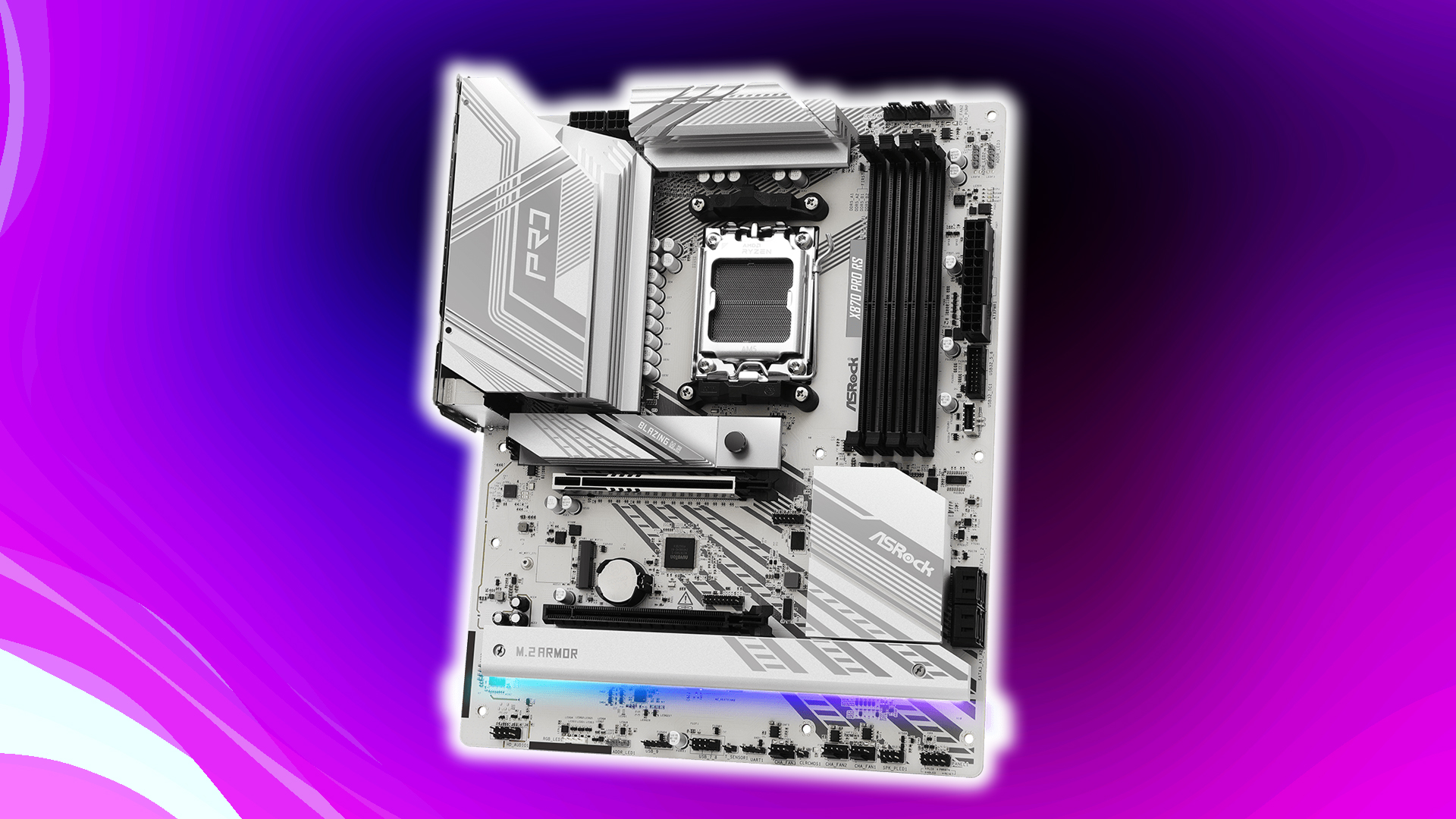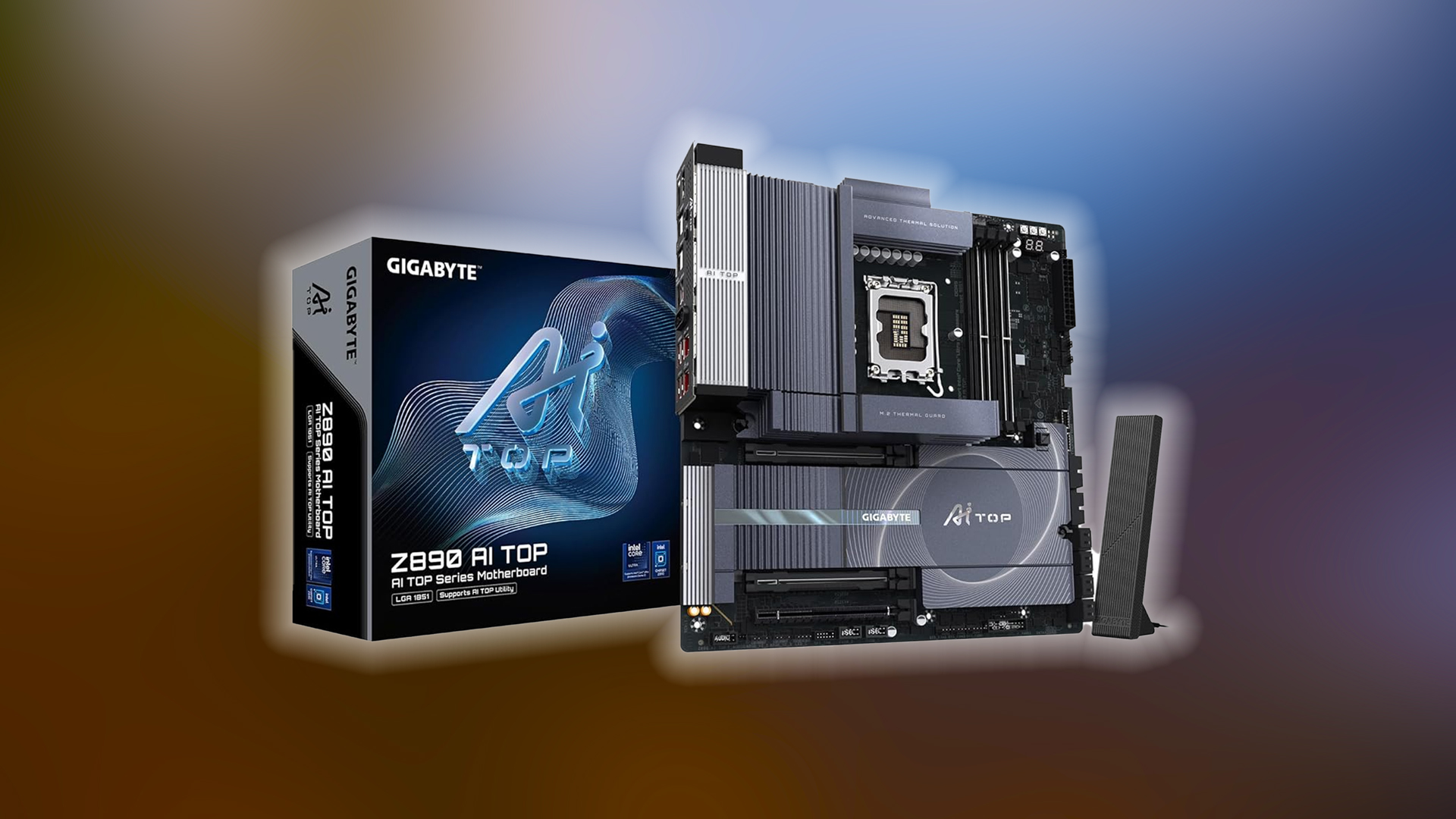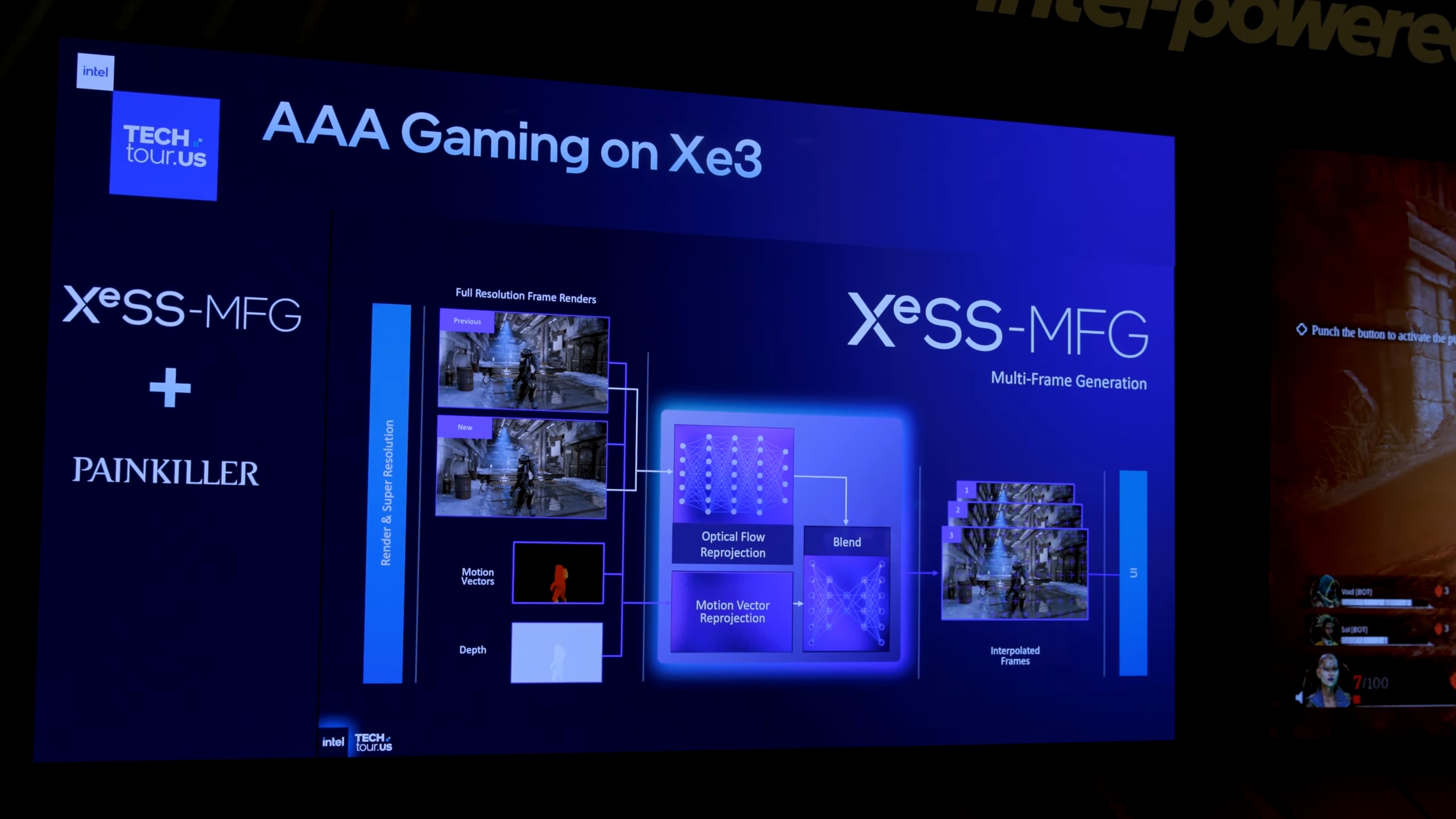Ryzen 9000 vs Intel 15th Gen: Find out which platform, Intel or AMD, at present offers you more for your money.

In terms of performance, both platforms never fail to deliver. However, when that performance is applied to a real-world scenario, that’s where the problem arises. For starters, if you Google the Cinebench scores of the 285K and the 9950X, they are incredibly high to begin with—enough to handle almost anything. But that’s only part of the story.
When discussing the entire platform, it’s not just about performance but also about upgradability, reliability, the ability to handle real-world tasks, gaming, and many other aspects that align with the value proposition. This article breaks down the core fundamental concepts that ultimately translate to your value, enabling you to gain a better understanding of how to choose a side.
Ryzen 9000 vs Intel 15th Gen: Closely Matched Flagships

Performance on both platforms is plentiful. You will be fine with either for an average use case, such as a light office-related workload or a home theater PC. But how that performance translates into the application is different. For example, Intel’s 15th-generation Arrow Lake CPUs have the edge in video editing, thanks to their integrated graphics processor (IGP) and advanced video decoding and encoding capabilities. On the other hand, when it comes to applications that require decompression, such as 7-Zip, AMD is faster.
In terms of CPU power, both are extremely good, so if you’re looking for the latest and greatest for video editing and don’t have a Blackwell GPU for those extra 10-bit 4:2:2 codes, Intel is the way to go.
On the other hand, if you have a Blackwell GPU on the way or are building a new PC for video editing, the 9000 Series is a worthy fit. And despite not having a capable IGP, it still makes sense, as you will see in the verdict. For simple productivity and a workstation, both platforms offer incredible value for money, especially if you grab one during Black Friday or some clearance sale.
Price Comparison
Arrow Lake, or 15th-generation Intel processors, have seen significant price cuts in recent times, with the Core Ultra 7 now available for $260. Not only that, but motherboard prices for the Z890 and other chipsets are also looking quite good. AM5 initially started with exorbitant platform costs, as the CPU cost over $700 in real-world retail pricing, followed by a new motherboard, and then other peripherals.
As of June 3, 2025, Intel’s Arrow Lake system can be had for 25–30% less money than AMD’s. CPU, motherboard, and RAM together—no matter which chipset you choose—Intel is the real value now. But this comes with a big caveat.
Platform Investment: Long-Term Value and Motherboard Costs

Regarding caveats, Intel is prone to discontinuing motherboards for their newer CPUs, a trend that has been ongoing for quite some time. AMD, on the other hand, offered very long-term support with their AM3, AM3+, and AM4 platforms, respectively. AM5 is also said to be supported for a very long period.
But when it comes to present-day value, if you are the kind of person who won’t upgrade your system for the next 7–8 years, buying whatever is best for you makes the most sense. After 7–8 years, if AM5 is still supported, you will likely be missing out on most of the features of a motherboard purchased today.
Long-term support looks good from today’s perspective. However, in reality, if you want the latest and greatest every year, you will likely purchase a new motherboard along with your CPU. If not, then you can get away with an old motherboard, but you will miss out on support for the latest technology. For example, the X370 and B350 are first-generation Ryzen chipsets that still support Ryzen 5000 series CPUs.
However, they don’t support features such as PCIe 4.0 and Resizable BAR. As a result, people with older X370 boards ended up purchasing a new motherboard. That said, long-term platform support may lure you into investing in a platform, but companies that abandon platforms after just one generation are hard to recommend.
Power Efficiency and Thermal Considerations
On paper, AMD might show you the best power efficiency ever possible. But here is a real-world interpretation. Their power efficiency scales with CPU generation, the number of core counts (CCX), and clock speeds. Intel, on the other hand, offers a consistent, flat power efficiency. Idle desktop power draw is lower on Intel systems. However, when under load or in gaming, AMD CPUs can consume more or less power, depending on the CPU configuration, core count, and generation.
In terms of cost per frame, the 7800X3D outperforms anything currently available, including the 9800X3D, as it is the most efficient gaming CPU on the market. However, the 9800X3D features a distinct V-Cache design, enabling higher clock speeds and thus consuming less power. Clock for clock, or at matched frequencies, there is little to no difference. Intel’s 15th-gen CPUs are more power-efficient than 13th/14th-gen CPUs under certain conditions, but they suffer from the limitations of the N3B node.
A rumored Arrow Lake refresh may bring improvements. For workloads outside gaming, Intel may offer better value at specific price points, but AMD leads in total platform efficiency and gaming performance per watt.
Final Verdict: Which Platform Should You Choose
Ultimately, your decision is the final one. Still, if you are confused, here are a few pointers:
- For pure gaming and considering efficiency, the Ryzen 9000 Series wins by a considerable margin.
- For content creation, video editing, HEDT-level use cases, and productivity, Intel’s 15th Gen outright wins at everything.
- For short-term, budget-conscious buyers, Intel is the smarter choice right now. Whether you opt for the 15th Gen or prefer the 13th/14th Gen, the lower you go, the more money you save without sacrificing everyday performance.
- For long-term buyers, AMD’s AM5 platform gives you future-proofing and long-term platform support. Even if you lose some bleeding-edge feature support, you can still use a new CPU with an old motherboard.
We provide the latest news and “How To’s” for Tech content. Meanwhile, you can check out the following articles related to PC GPUs, CPU and GPU comparisons, mobile phones, and more:
- 5 Best Air Coolers for CPUs in 2025
- ASUS TUF Gaming F16 Release Date, Specifications, Price, and More
- iPhone 16e vs iPhone SE (3rd Gen): Which One To Buy in 2025?
- Powerbeats Pro 2 vs AirPods Pro 2: Which One To Get in 2025
- RTX 5070 Ti vs. RTX 4070 Super: Specs, Price and More Compared
- Windows 11: How To Disable Lock Screen Widgets
 Reddit
Reddit
 Email
Email


